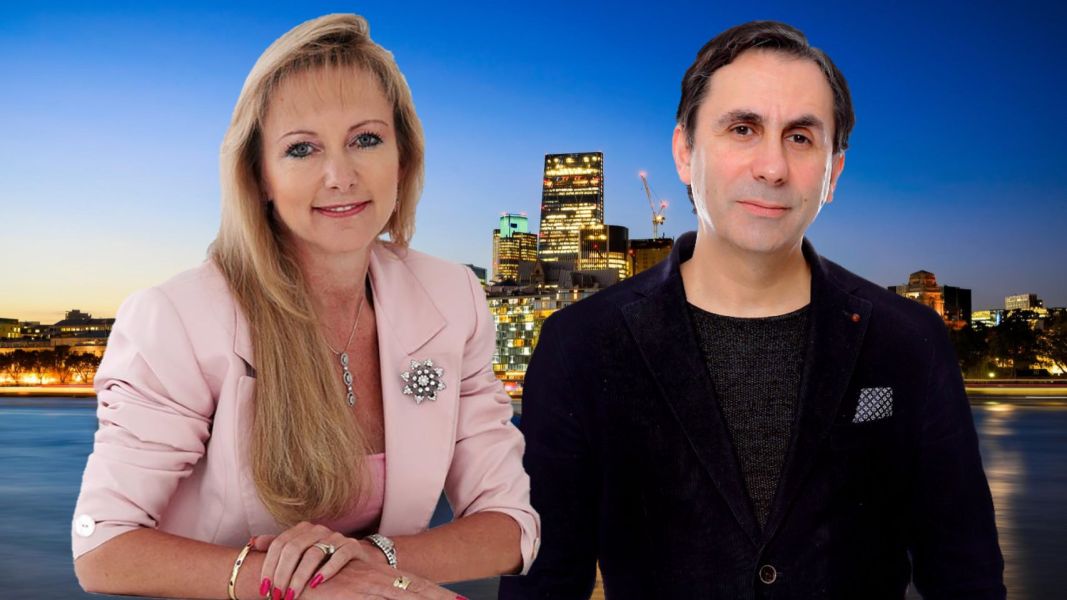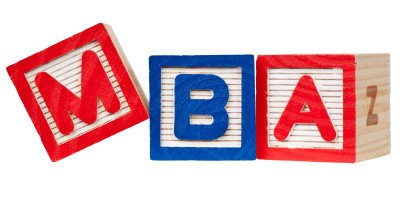Sharon Constançon, the Chairman of the South African Chamber of Commerce and the CEO of Genius Methods, discussed the ethics of leadership, and the importance of neurodiverse perspectives in leadership in her second interview in the Dinis Guarda YouTube Podcast, that is powered by openbusinesscouncil.org and citiesabc.com.

With a diverse and extensive experience of working in international organisations and trade corridors, Sharon has held various strategic roles, leading, mentoring, and coaching at top leadership levels with the foundational basics of business.
In her second episode with Dinis Guarda, Sharon shared some of her experiences and wisdom on leadership. “One of the things that I think probably challenges leaders the most is their personal agendas. The personal agendas of other people around you on your board doing business with people who are trying to become members”, she told Dinis, explaining about the biases that exist in businesses.
“I think as a message along the topic of leadership is making sure you know as a leader what is the straight and narrow what is the right thing to do for the organization what is the right thing right now however difficult it might be”, says Sharon.
The ethics of leadership
The ethics of leadership encompasses the moral principles and values that guide individuals in positions of authority or influence. According to Sharon, ethical leadership involves making decisions and taking actions that prioritise honesty, integrity, fairness, and responsibility.
Leaders with strong ethical principles, she tells Dinis, consider the impact of their choices on various stakeholders, including employees, customers, and the broader community. They strive to create a workplace culture that values transparency, trust, and accountability.
“The most important thing we could do is to do the right thing at all times. It is important to be self-aware, be risk empowered around this word of ethics and ethical leadership because it is very easy to get sidetracked with somebody else’s loud noisy emotional agenda”, she explains.
Ethical leaders not only adhere to ethical standards themselves but also promote ethical behavior throughout their organisations, fostering an environment where individuals feel empowered to make principled decisions. “I encourage people to also step up and do the difficult thing sometimes”, Sharon says.
Ego can literally destroy a company, it can destroy a team, it can destroy a person in that role, if those around it actually bring to bear proper government. So, it is very self-destructive”, she adds.
Being a successful leader
Sharon explained that being a successful leader requires a multifaceted approach that goes beyond just achieving organisational goals. Successful leaders, she says, exhibit a combination of key qualities such as vision, adaptability, and effective communication. They inspire and motivate their team, fostering a collaborative and positive work environment. A successful leader also demonstrates emotional intelligence, understanding and empathising with the needs and concerns of team members.
“The critical thing for directors and boards and chairs and CEOs is to create a consistently appearing safe place that when something is going wrong nobody has to call a new safe place that is going to come around”, she says.
Decision-making skills, strategic thinking, and the ability to navigate challenges are crucial components of effective leadership. “We are working with the codes with companies, with regulation, legislation that they need to be able to review their competence capability. Effectiveness, performance, structure, mix of skills, diversity, ability to make decisions, to be able to lead the organisation, to work with the executives, and in a biotic aligned relationship”, she says.
Successful leaders prioritise continuous learning and personal development, recognising that growth is essential for both themselves and their team. “A good leader and a good learner is somebody who gets up as many times as they get pushed down. So whenever we fall, we need to learn a hard lesson of what went wrong, what can we do to actually pick ourselves up learn from that and move on to a slightly different track”, Sharon told Dinis.
By setting a strong example, cultivating a shared vision, and empowering those around them, successful leaders create a lasting impact on their organisations. “Get feedback and understand how people see you because invariably we’ve got Rose tinted glasses on rather than reality so hear it from others. Learn from and become the most authentic leader you can with your eyes, ears, and every other sense working for you quite often” she says, concluding the interview.

With a driving passion to create a relatable content, Pallavi progressed from writing as a freelancer to full-time professional. Science, innovation, technology, economics are very few (but not limiting) fields she zealous about. Reading, writing, and teaching are the other activities she loves to get involved beyond content writing for intelligenthq.com, citiesabc.com, and openbusinesscouncil.org






























